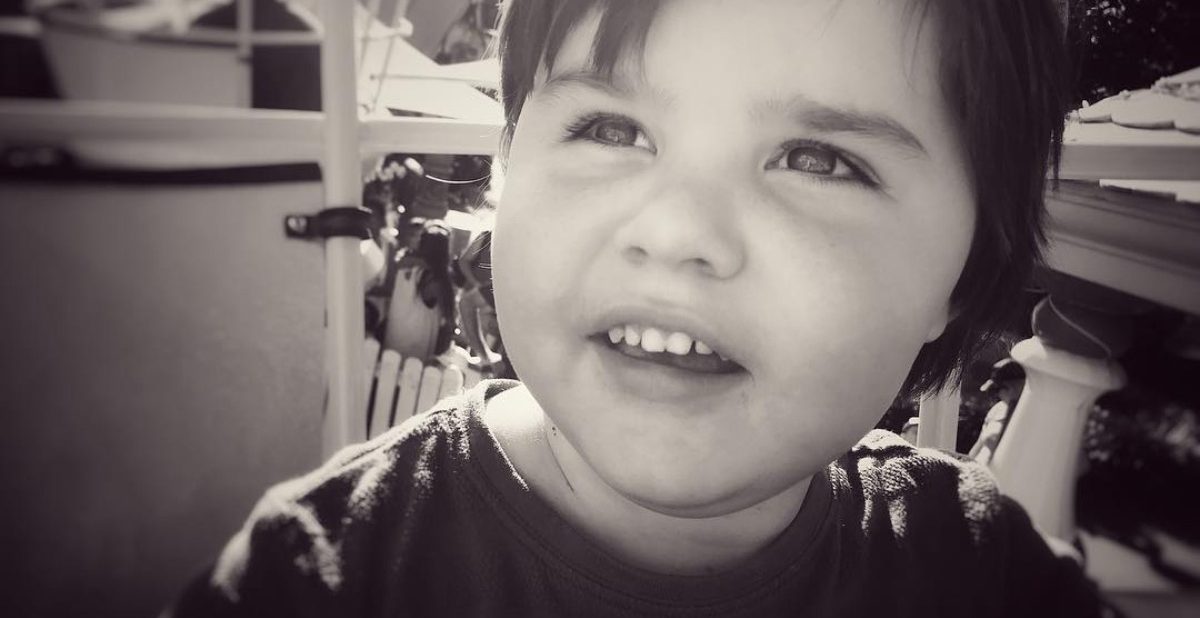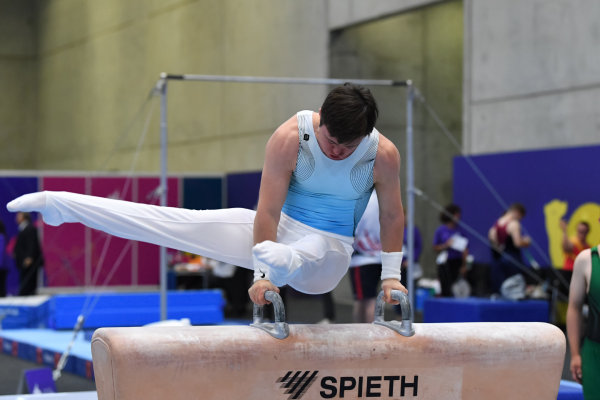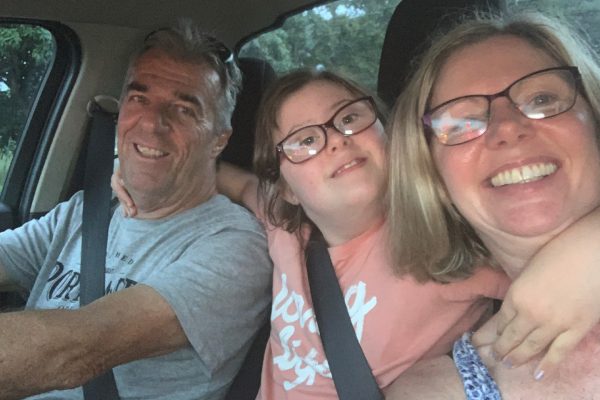
There are statistics and averages…and then there’s my son
By Linda Williams
Statistics state that, on average, children with Duchenne Muscular Dystrophy (DMD) require a manual wheelchair by age 9.
Harrison was given one at age 4 just prior to starting school.
Statistics state that, on average, children with Duchenne Muscular Dystrophy require a power wheelchair from age 12.
Harrison went for a trial of a power wheelchair this week aged 5 and a half.
I’m not sure how I feel about statistics at the moment. They’re making me very angry if I’m honest.
Reading between the lines, then, according to statistics, my son’s condition is progressing more rapidly than ‘average’. This leads me on to my next thought: are we perhaps going to lose him earlier than ‘on average’? That thought I can’t take in for more than a nano-second.
Currently people with DMD live, on average, to their late teens/early twenties. That’s another one of those statistics.
The answer is that we won’t know right now what Harrison’s long term progress will be.
I’ve watched my fair share of YouTube videos and Facebook Group shared videos and comments where boys who are my son’s age, or even older, are riding bikes and running around. Although previously I thought that we too would reach this stage at some point, no matter how briefly, it now seems unachievable. We appear to have missed out on these achievements altogether.
Harrison has never had the strength to pedal a bicycle but he will put his heart and soul into running, which is really a fast waddle. It is adorable and done with every ounce of his effort and with a huge smile on his face.
Instead of the milestones I once thought we would experience, rites of passage that most children experience, we are instead trialling power wheelchairs with joystick controls; a completely different set of wheels.
I realised yesterday while parking in the shopping centre that, over time, we had made only one change to find a car park over the last 5 years – and that is that we have moved from the parent with prams parking bays to a few spots over to the disabled parking bays. We have always required a pram, special needs stroller or a wheelchair for my son. He has always had some form of wheels and I sometimes wondered when the break would come for him – when he would have more independence albeit only for a time.
My son is in the age group now, if we’re talking statistics again, where a considerable number of other families are finding out for the first time that their child has this fatal form of muscular dystrophy. They are only now starting to get much needed medical advice since they’ve probably become aware that their child has started falling down more often or, more noticeably, not keeping up with his or her peers.
We’ve known Harrison has had DMD since he was 16 months old. DMD was confirmed when every medical specialist we visited along our journey was telling us they were confident that he didn’t have it. Harrison had slightly low muscle tone and a series of blood tests were ordered and Duchenne was on the list just to rule it out. What the tests did however, was undoubtedly rule it in.
We got our diagnosis so early not because I had concerns at the time; well not ones that I was acknowledging, anyway. I remember a staff member at his day care had suggested that we might like to get his legs checked out. I had no other children to compare him to but felt that if there was some kind of delay it was really mild. I had only taken him to his 12 month milestone check-up and our GP had mild concerns about his muscle tone so she referred us on to a paediatrician for her own peace of mind. I felt confident that this would confirm that Harrison was getting good care and that it was just a simple delay of some kind and our lives would carry on ‘normally’.
Having these extra years of knowledge of how to treat his condition with physiotherapy etc. hasn’t provided Harrison with extra time with the ability to walk. Doing all those extra stretches, visits to hydrotherapy, putting night splints on, hasn’t given him anymore time. My hope-filled logic told me that these interventions would give Harrison an advantage but DMD didn’t want to play along.
So, in a few days we are taking Harrison for his six monthly review with his neurologist. I am very anxious to discuss the desire our physiotherapist has for ordering a power wheelchair. I want the neurologist to tell me again why we’re taking the steroids she’s been prescribing because there are no clear benefits showing at all. We are also wanting to discuss tummy aches and toileting issues and additionally the possibility of clinical trials.
I’ve had to write down these points prior to the appointment so that I don’t forget to bring them up as we only see this specialist every six months and I want to go over the big issues in a face to face environment.
These review days are equal measures of anxiety and information overload. There have been times that I have been travelling home and suddenly remembered that I had to ask them a question about something else and kicked myself for forgetting. The neurology team are helpful and quite happy to be contacted in the interim but these subjects all seem to have come to the forefront just now prior to the appointment time.
If you’d like to follow Harrison’s journey you can find us on Instagram: @harrison_and_duchenne






